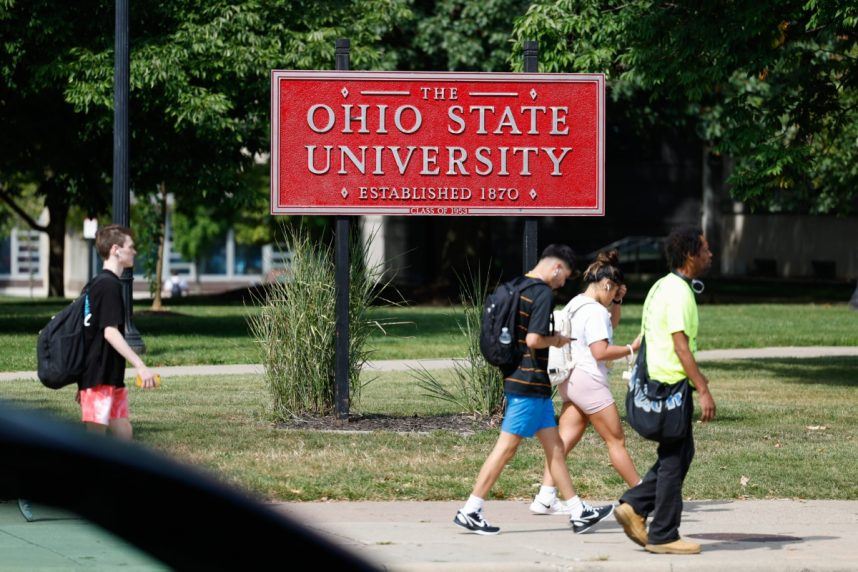An Ohio lawmaker this week filed legislation in the Columbus capital seeking to legalize online casinos with interactive slot machines and table games.

Ohio is currently home to brick-and-mortar casinos and video lottery racinos, plus retail and online sports betting. State Sen. Niraj Antani (R-Miamisburg) says the successful rollout of internet sports gambling demonstrates the state’s ability to properly regulate and safeguard consumers for remote wagering.
As gaming has evolved in our state and we’ve seen massive success with sports betting, it’s now time to legalize iGaming in Ohio,” said Antani. “Many Ohioans don’t have close access to a casino or racino, but should be able to participate in this entertainment option.”
Antani’s Senate Bill 312 hasn’t yet been assigned to a committee for initial review.
The state lawmaker said along with generating new tax revenue, iGaming would crack down on the illegal offshore market that continues to target online casino players in states where such gambling isn’t allowed. Bovada, a leading offshore website that runs unregulated internet casino gambling in the United States, recently withdrew its platform from Ohio after Matt Schuler, the executive director of the Ohio Casino Control Commission, sent a cease-and-desist letter to the company based in Curacao.
iGaming Would Help State’s Coffers
Currently, just seven states have authorized iGaming — Connecticut, Delaware, Michigan, New Jersey, Rhode Island, Pennsylvania, and West Virginia. A study from London-based gaming regulatory intelligence firm Vixio that Casino.org reported on last month concluded that states without online casinos are leaving a tax windfall of up to $15 billion a year on the table.
Antani wants Ohio to become the nation’s eighth iGaming state and begin reaping the financial tax reward.
The Study Commission on the Future of Gaming in Ohio concluded in its July 2024 report that online casinos could create $500 million to $650 million in new annual tax revenue for the state. The commission assumed similar iGaming tax rates as Michigan and Pennsylvania, two similarly populated states that have online casinos.
